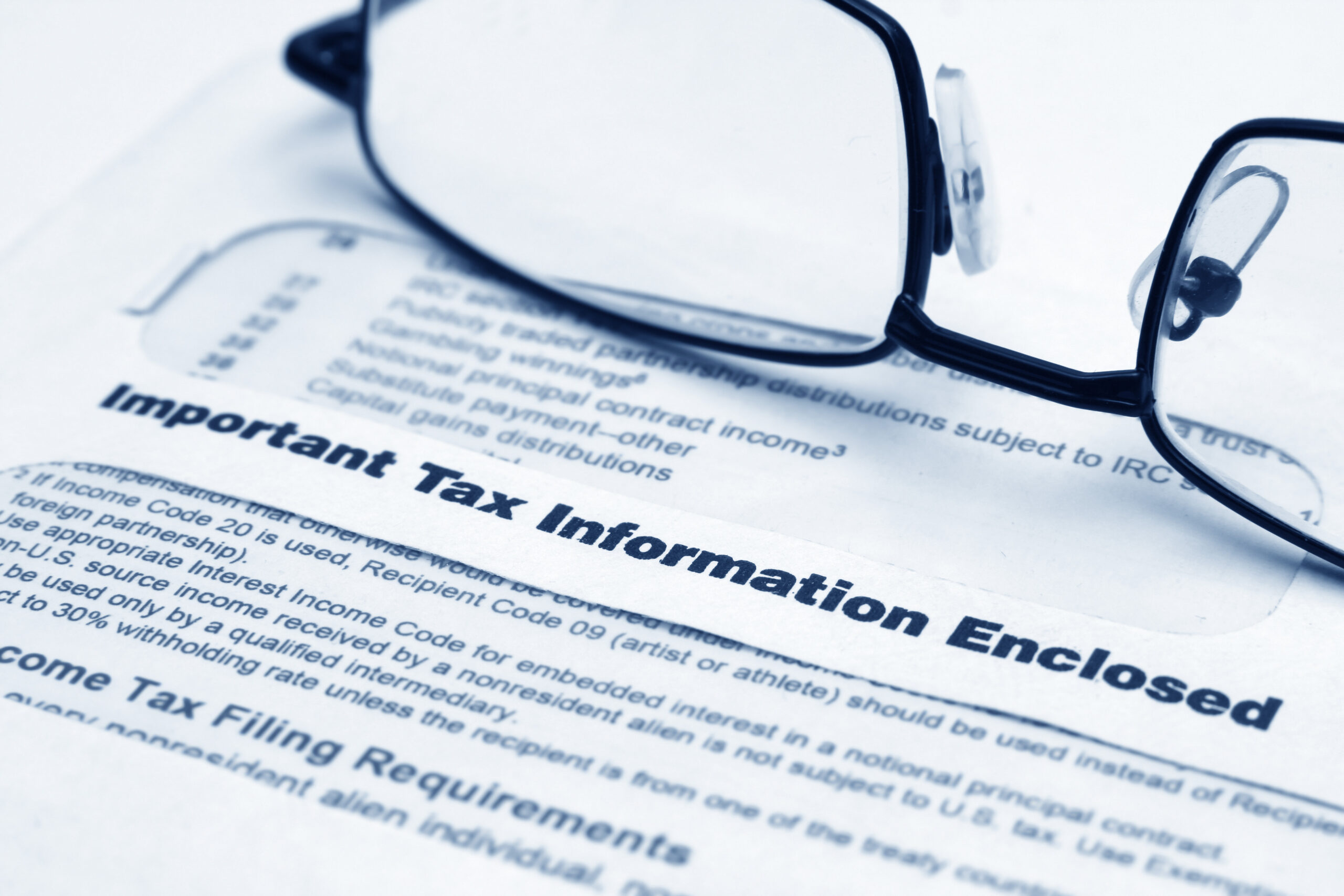It is essential to understand the tax obligations of both employers and employees. Employers generally must pay their share for certain federal payroll taxes, including FICA–the Federal Insurance Contribution Act (FICT). The Coronavirus Aid, Relief, and Economic Security (CARES) Act provides some relief as it allows businesses to defer payroll taxes until they get back on their feet.
When individuals are self-employed, they have to follow the same rules as if their job was at a company. The self-employed are subject to 12.4% on their earnings until the Social Security wage base.
The CARES Act allows employers to reduce their payroll taxes by deferring them until December 31st, 2022. This way, 50% can be paid in 2020, and another 50 percent will expire at the end of 2021. This arrangement doesn’t apply to Medicare tax obligations, but there’s no cap on the total amount of Social Security payments due through December 31st, 2020.
The Social Security Administration offers an opportunity for postponed taxation by self-employed individuals. They can defer 50% until December 31st, 2021, and another 25% by April 1st, 2022.
The payroll tax deferral is a great incentive for employers who want to maintain their eligibility and continue receiving additional benefits under other provisions of the CARES Act. Despite generous eligibility requirements, employers who receive loan forgiveness under other provisions of the CARES Act don’t qualify for payroll tax deferral.
Even though this is just a deferral and not an actual waiver, employers should still be mindful of their payroll tax obligations. With this new payroll tax law, it is more important than ever for businesses and their clients to be aware of what they need to make sure that payments are made correctly.



